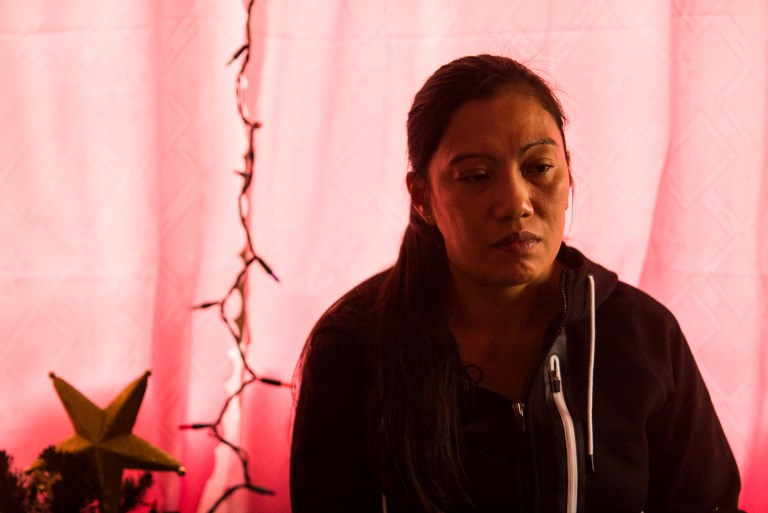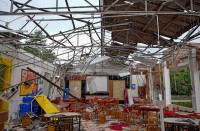
OTTAWA, Canada (AFP) — Canada has granted asylum to a woman who helped Edward Snowden hide in Hong Kong after his leaks exposed US global surveillance programs, a refugee rights association said Monday.
Vanessa Rodel and her 7-year-old daughter Keana were scheduled to arrive in Toronto later Monday on a flight from Hong Kong, the non-profit organization For the Refugees said.
Rodel was among a group of people who sheltered Snowden, a former CIA employee and US National Security Agency (NSA) contractor, putting him up in her apartment in 2013 while he was in Hong Kong on the run from US authorities.
His leaks of highly classified documents revealed the existence of global surveillance programs run by the NSA in cooperation with partners Australia, Britain and Canada.
Snowden, who now lives in Russia, was charged in June 2013 in the United States with espionage and stealing state secrets.
Canada granted Rodel, a Philippines national, and her daughter asylum in January but it was kept secret for security reasons, according to For the Refugees.
Five other people who helped Snowden have also requested asylum but remain in Hong Kong awaiting a response, according to the daily National Post.
Canadian Prime Minister Justin Trudeau declined to comment, saying it would be inappropriate to do so in “a situation regarding a specific case.”
But Foreign Minister Chrystia Freeland implicitly confirmed the report, telling reporters she had not personally intervened in the process.
Asked during a Washington visit whether the granting of asylum might harm US-Canadian relations, Freeland told reporters that Ottawa based its decision on case-by-case considerations, not “geopolitical relations.”
A spokesperson for Canada’s immigration ministry also declined to comment except to say that in “exceptional circumstances” requests for asylum can be accelerated.
Radio Canada said Rodel was under pressure from Hong Kong authorities and faced a risk of deportation to the Philippines.
© Agence France-Presse






